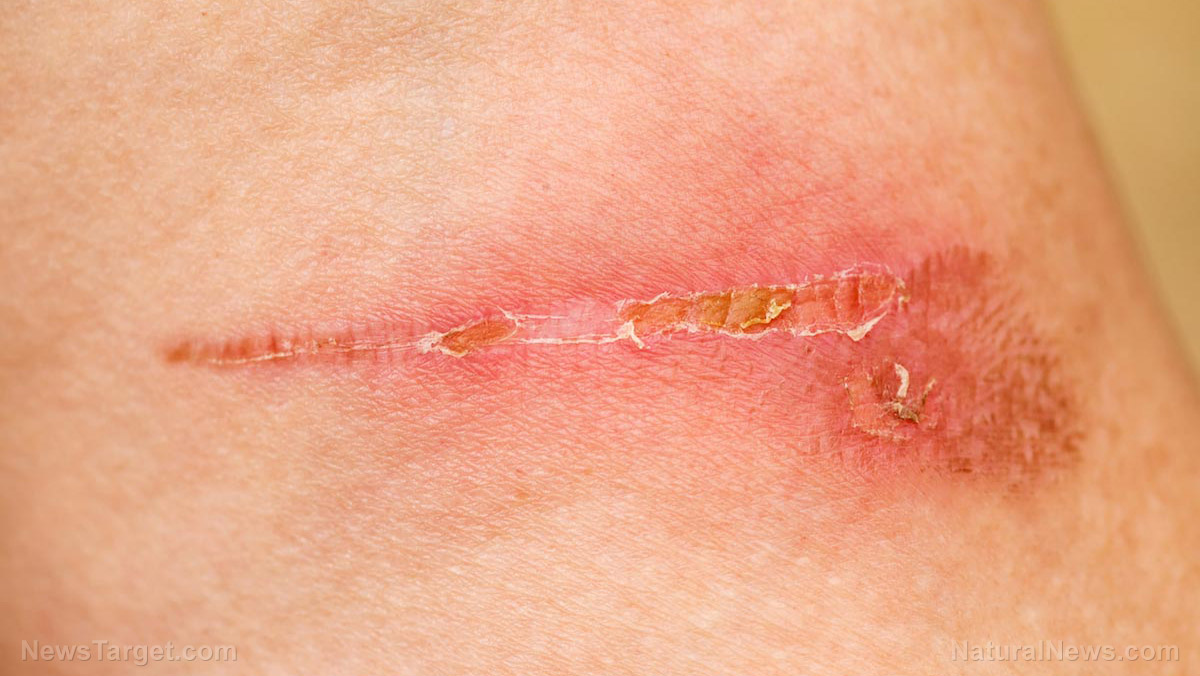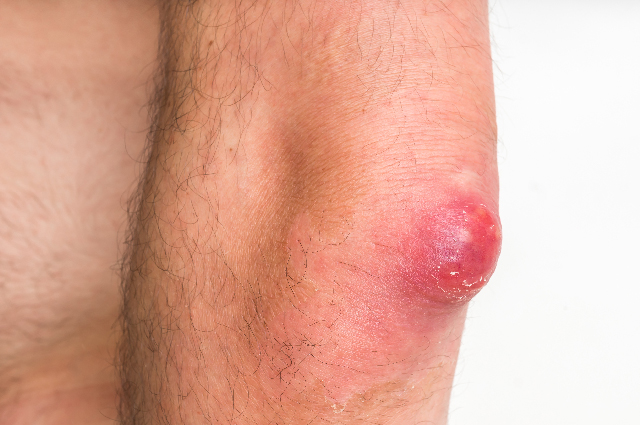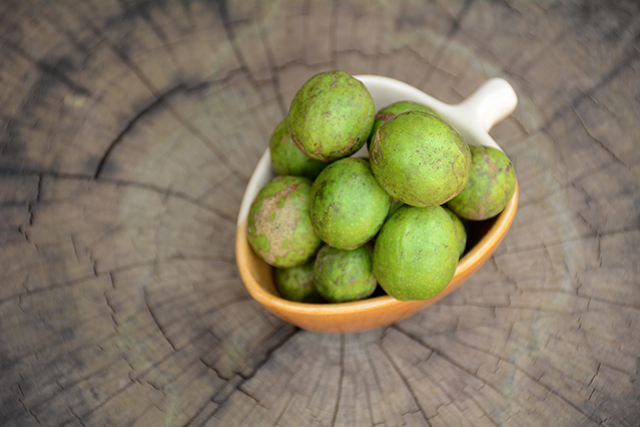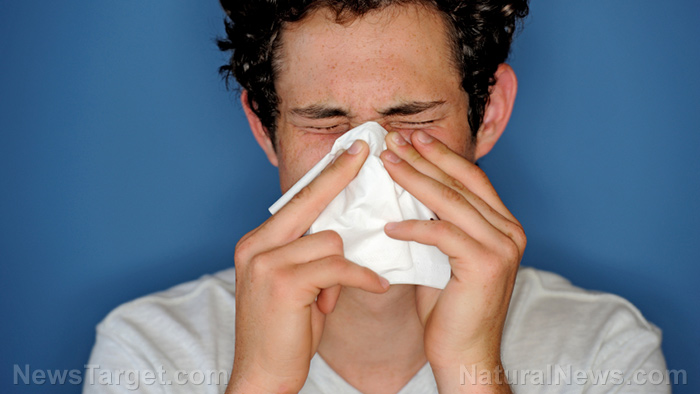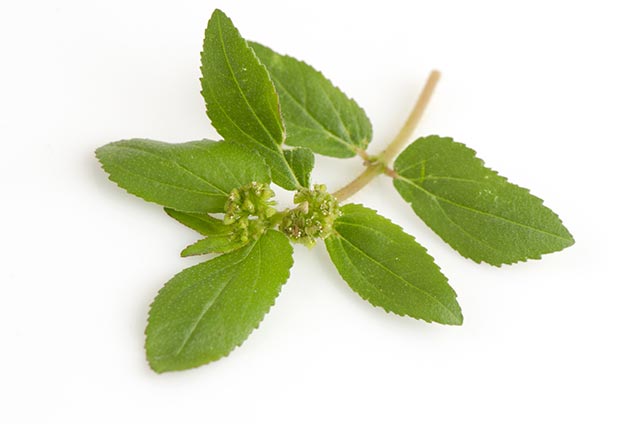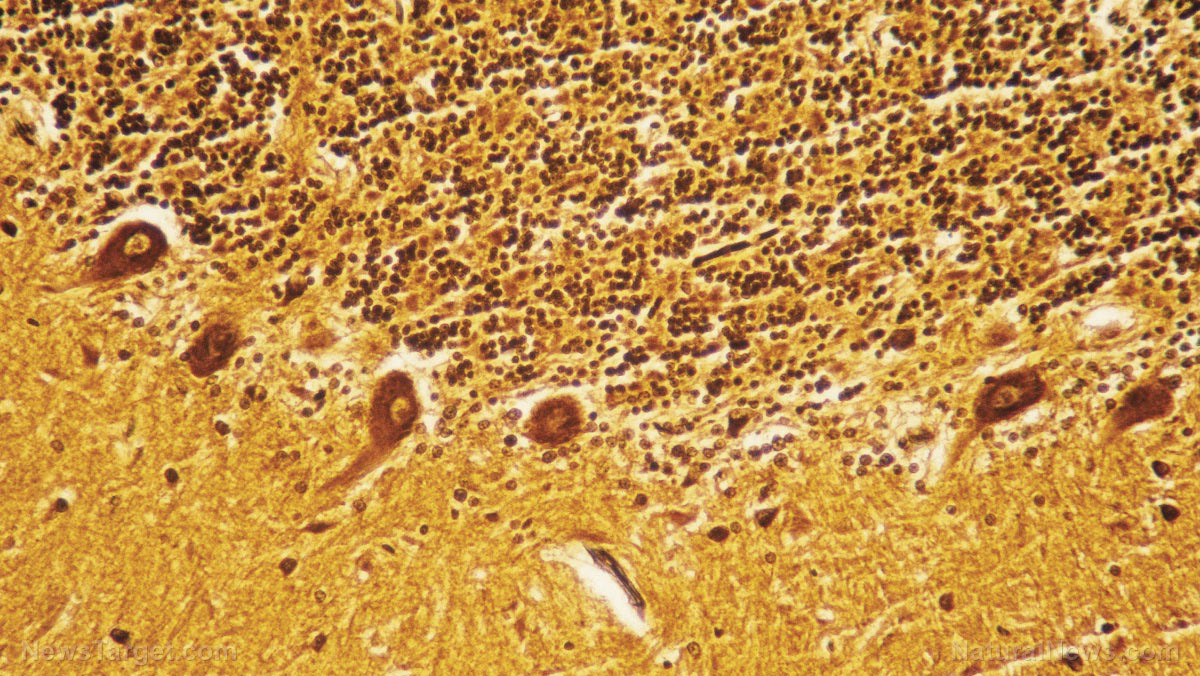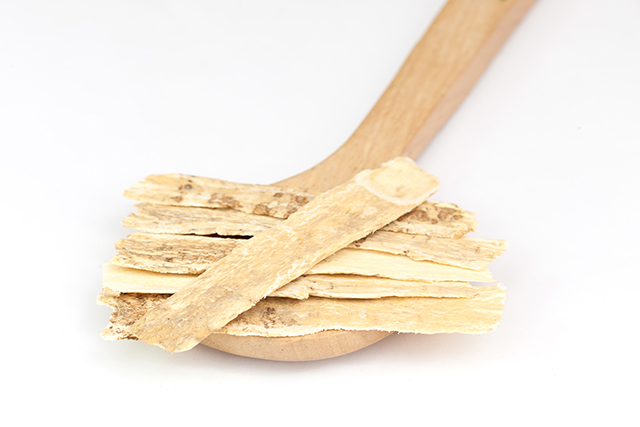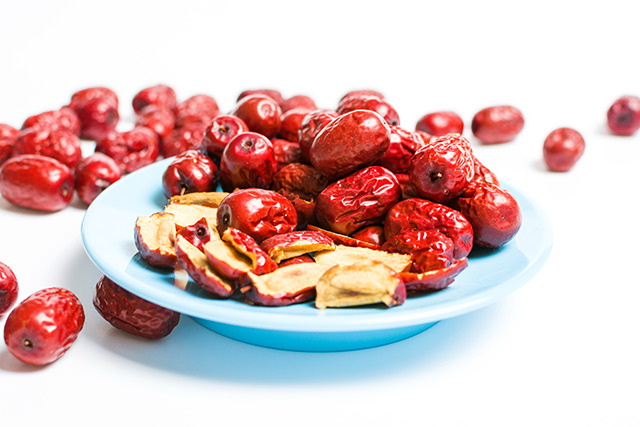Study: You need to keep on taking probiotic supplements for the effects to last
08/23/2018 / By RJ Jhonson

Your body has trillions of bacteria, but not all of them are bad. A surprisingly large percentage of your bacteria population lives in your gut, and most of them are good for you. They’re called probiotics or “good” gut bacteria. You tend to lose them over time because of one reason or another, so keeping their population replenished is a good, solid step toward better health.
The bacterial populations that call your body home perform different functions, some of which make you sick in the process, while others boost your well-being. Part of “good” bacteria’s role is to keep the “bad” ones outnumbered and in check, so it is important that you have more of the former than the latter.
However, probiotics don’t last forever. Because of factors like diseases, bad habits, and the uncontrolled use of antibiotics, their numbers get depleted over time. As their population dwindles, so do their positive effects. Additionally, losing too many of them puts you at risk of getting sick from the bad bacteria in your system.
Fortunately, a simple visit to the supermarket will give you access to plenty of probiotic supplements, usually in the form of yogurt, capsules, and drinks. These contain a live bacteria culture which, when ingested, will repopulate the probiotics in your gut, improving your gut health and digestion.
An article in The Conversation looked into the health claims related to probiotic supplements and found the following benefits for healthy adults:
- They can increase the population of good bacteria – This helps restore the balance between friendly bacteria and those that make you sick.
- They can help reduce abdominal discomfort – By improving your digestive function, they help reduce constipation and make bowel movements more regular.
- They may help prevent urinary tract infections – Studies suggest that probiotic supplements and suppositories increase the number of good bacteria in and surrounding the vagina. Apart from preventing UTIs, it can also prevent bacterial vaginosis.
- They help improve the immune system – It is believed that probiotics enhance the function and production of your immune cells, which boosts your protection from common diseases like colds and the flu.
The article adds that the supplements are great for those who have a poor diet and who tend not to exercise regularly. It further emphasized that probiotic supplements tend to have short-lived effects, so you’ll have to keep on taking them to experience their full, lasting benefits. (Related: Probiotics prevent asthma.)
Natural sources of probiotics
If taking supplements is not your cup of tea, you can still have the probiotics you need from natural sources. Live bacteria exist in many food items, usually fermented ones so that you won’t lack options. Here are some of the most common natural probiotic sources:
- Yogurt – This is milk whose lactose has been converted by bacteria into lactic acid, turning it sour. Because it does not contain lactose, you can take yogurt even if you have lactose intolerance and enjoy its many health benefits. Be sure to choose only those that have actual live bacteria cultures.
- Sauerkraut – This is fermented cabbage and is a popular dish in many parts of Europe. Aside from probiotics, it is rich in antioxidants that are essential to your overall health.
- Tempeh – This fermented soybean product is a great substitute for meat, thanks to its rich protein content. It also has chemicals that boost your body’s ability to absorb nutrients from food.
- Kimchi – This Korean dish is like sauerkraut, but it can be made using other vegetables, too. Thanks to its added pepper, ginger, scallions, and garlic, it is notably spicy. It contains the bacteria strain Lactobacillus kimchii.
- Kombucha – This drink is black or green tea fermented using bacteria. It is popular in Asia but has gained notoriety in other parts of the world because of the many health benefits linked to it.
Discover the health-friendly benefits of probiotics at Remedies.news.
Sources include:
Tagged Under: fermented food, good bacteria, natural health, natural probiotics, natural remedies, nutrients, prevent disease, probiotic food, Probiotic Supplements, probiotics, probiotics benefits




